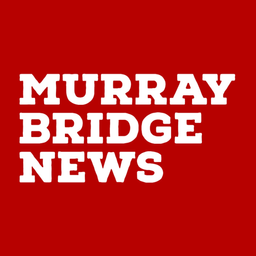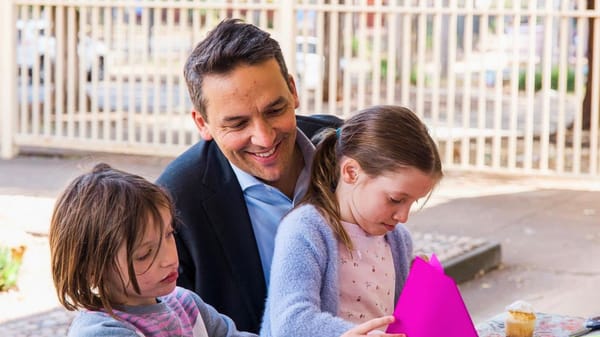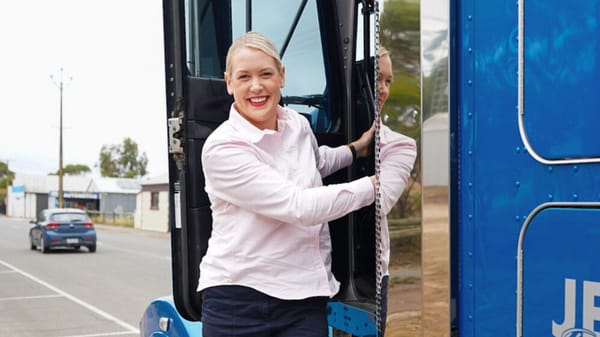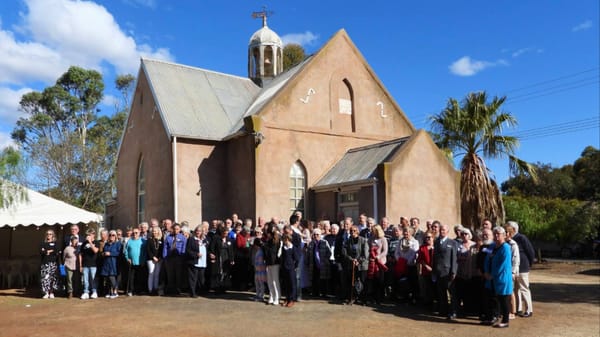Citizens' agenda: Barker residents want clean, affordable energy and a sustainable future
We ask the candidates for Barker at the 2025 federal election how they would secure sustainability for the River Murray.
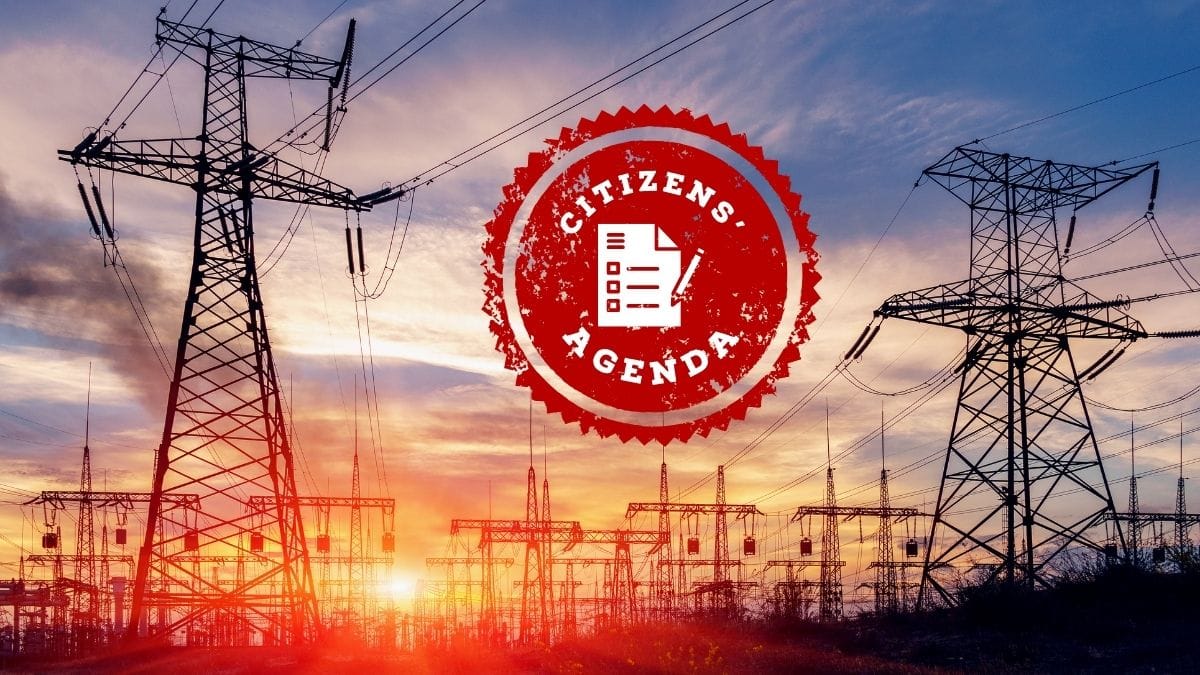
Moving into the third week of the federal election campaign, residents of the Barker electorate want to know how energy needs in the Murraylands would be addressed.
One respondent from Murray Bridge News' 2025 citizens' agenda survey said they're scared about what the future holds for the next generation.
"If we continue to act in the same way there will be no planet for our children or grandchildren.
"This is not a usual weather pattern, it is the direct result of MP's refusing to tackle serious problems for the community as a whole," they said.
There was agreement from another responder: "I don’t want my kids to suffer."
"Climate change will rob them of a future: dry rivers, extreme weather, drought, food shortages, unaffordable insurance and housing, displaced people - all leading to societal collapse unless we act," they said.
One responder had a different take: "Nuclear power controlled by the government is essential to stop blackouts."
But most were in favour of renewable energy being the best fit for the economy and future of the region.
"Nuclear is just laughable as it will burden the country economically for generations and will not be a viable or safe solution," another said.
One other said there needs to be a long term solution in order for residents to avoid paying the highest prices, especially when the region has the best energy sources in Australia.
Another questioned how the candidates would respond to the issue not only economically, but socially and environmentally.
"Our region depends on the River Murray, and climate change projections demonstrate an overall reduction in water coming down the Murray Darling Basin."
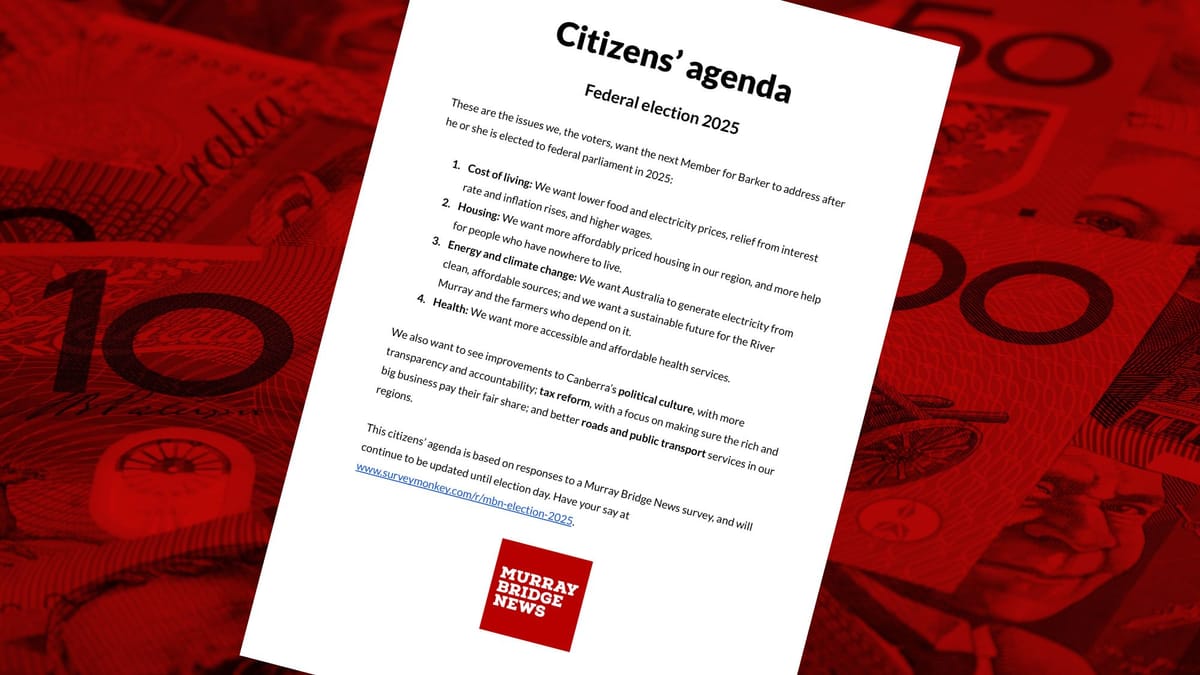
If elected, how would you suggest Australia generate clean, affordable energy; and secure a sustainable future for the River Murray?

Tony Pasin (Liberal)
The Albanese Labor Government promised Australians a $275 reduction in power bills, yet households are paying up to $1300 more.
Every Australian deserves and should expect access to cheaper, cleaner and consistent electricity.
An elected Liberal government will deliver cheaper energy through our balanced energy plan, including renewables, gas and zero-emissions nuclear technology, instead of Labor’s expensive and reckless renewables-only approach.
The Coalition established and funded the national water grid when last in government.
Labor has instead taken funds away from the water grid, including buying water from farmers in the Murray-Darling Basin and using funds that were meant to support reliable and secure water across Australian communities.
When water leaves a district, so do the jobs, small businesses fold, the sporting clubs dissolve and the social and economic fabric of community’s wither.
Labor’s open market buyback process leaves water holders and communities worse off.
Labor’s buybacks kill communities.
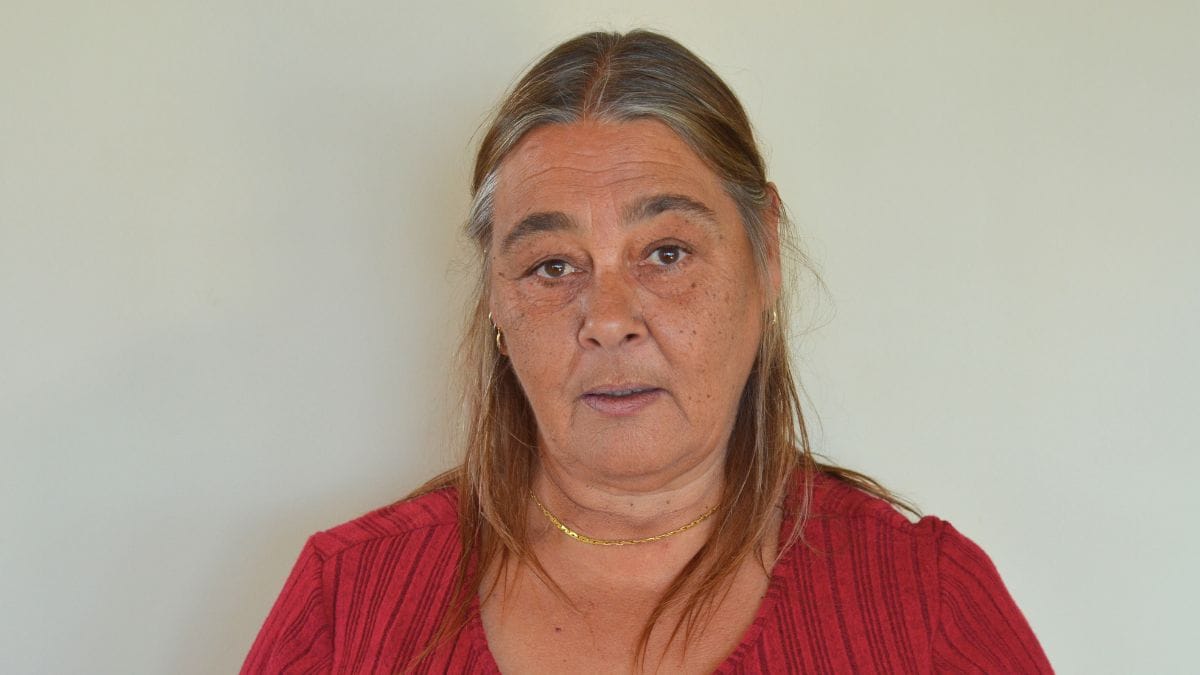
Rosa Hillam (independent)
To generate clean, affordable energy in Barker, we should prioritise a mix of renewable sources tailored to regional needs.
Expanding solar and wind power is key, especially given the region's sunny climate and open spaces.
Supporting community-based energy projects, such as local solar farms or wind turbines, can reduce costs and increase energy independence.
Additionally, investing in energy storage solutions, like batteries, will help balance supply and demand.
To make energy affordable, government incentives and subsidies for renewable installations can help lower upfront costs for households and businesses.
By focusing on decentralised, locally driven energy projects, we can create jobs, reduce costs, and build a sustainable energy future for Barker.

Jonathan Pietzsch (Nationals)
I will be advocating for an energy mix that is fit for purpose for the future prosperity of regional Australia.
Nuclear energy is the long term solution to our energy needs that will provide consistent base load power with no emissions.
Renewables should form part of that mix but I strongly believe that their installation should be done where appropriate and not where it will impact arable farming land.
Water savings through irrigation efficiencies are part of the solution (particularly interstate where this has lagged behind SA) but I would like to explore different ideas to secure the future of the Murray.
While in the foreseeable future higher inflows are expected we know that there will be times where this won’t be the case.
If we have reliable baseload power then desalination could be a viable option, ensuring in those times of drought that river health is maintained as well as community viability.

James Rothe (Labor)
Growing up in regional SA, I understand the significant impact climate change is having on our communities, and the vital importance of our farmers and primary producers.
Labor is investing in renewables, bringing more affordable, clean, and reliable energy online.
Labor has enshrined the target of net zero emissions by 2050 into law and is working to reduce emissions by 43% by 2030.
A re-elected Albanese Labor government will deliver more cheap, clean, reliable renewable energy, with a goal to get our energy grid to 82% renewables by 2030.
On the other hand, Peter Dutton’s $600 billion nuclear plan will take too long, cost too much, and put bills up.
As South Australians, we know that the River Murray is the lifeblood of our state and we must protect it.
Labor is committed to securing the future of the river, and is delivering over 100 times more additional environmental water in one term than the previous Coalition government delivered in a decade.
Note: This response has been edited to fit within the word limit.
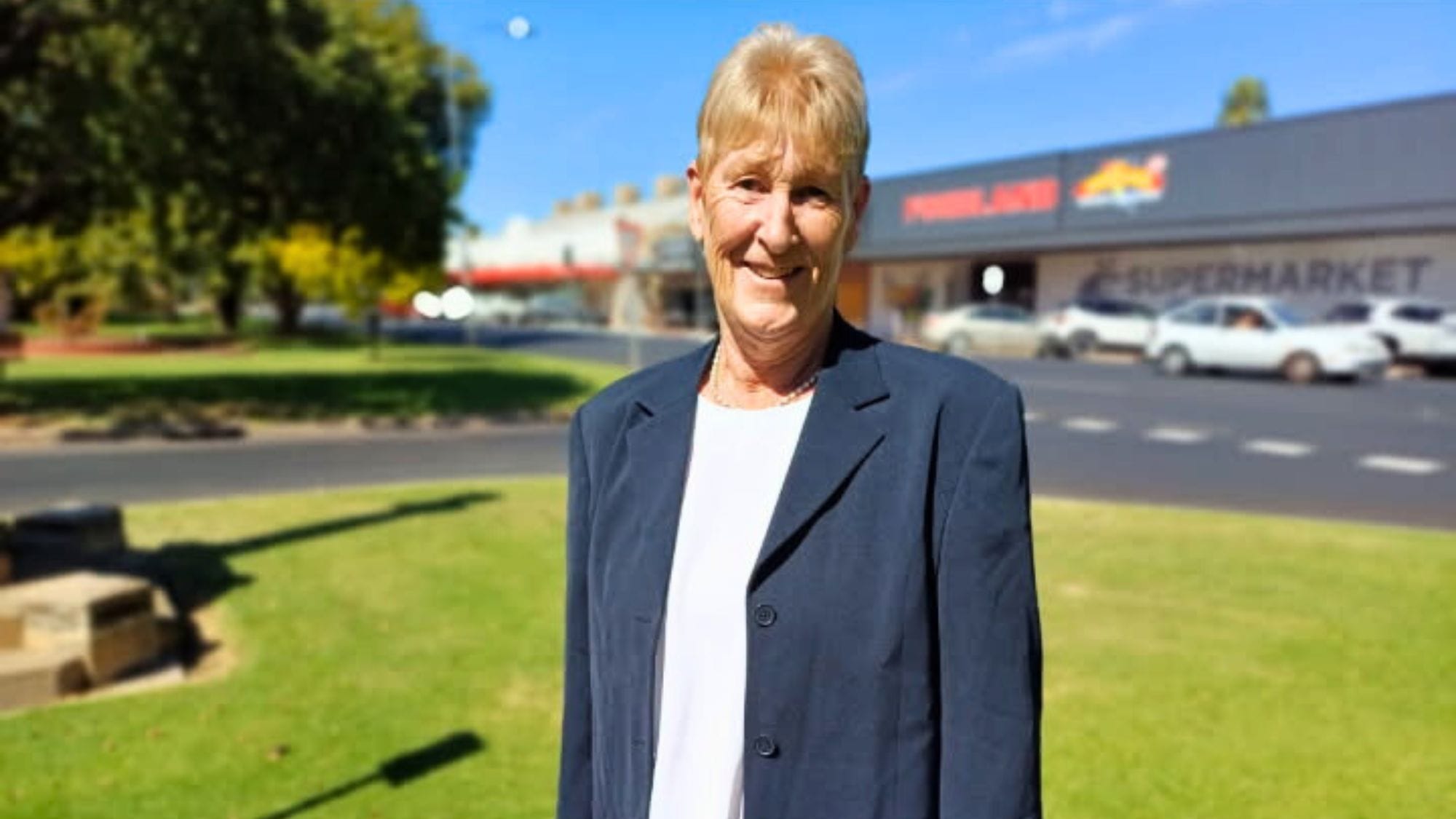
Jennifer Troeth (One Nation)
Energy security is critical to economic sustainability and national security.
We support the diversification of energy sources to ensure we aren’t overly reliant on just one or two technologies.
One Nation’s energy policy aims to leverage a competitive advantage, utilising our natural resources, to generate cheaper, more reliable power.
I live on the River Murray and I believe we need to secure the Murray-Darling Basin’s future, striking the appropriate balance between environmental health and socio-economic sustainability for river communities.
One Nation does not support water trading by entities with no land, and we do not support foreign entities trading water in the basin at all.
Buybacks pose a threat to river communities via more job and business losses.
With more than 2100GL/year already recovered for environmental flows, enough is enough.
One Nation will move to reverse the key changes made to the Water Act 2007 and the Basin Plan.
All other forms of water recovery in the basin should be exhausted before buybacks.
Note: This response has been edited to fit within the word limit.

Michael Brohier (Family First)
For Australia to generate clean energy in a sustainable way, energy must be affordable.
The evidence clearly suggests that Australia’s current commitment to renewables is the most expensive option to generate clean energy.
Family First will support the use of natural gas, and will push to lift restrictions on exploration.
We will also support investments into nuclear energy as a sustainable, clean, affordable energy source.
Responsible management of the Murray-Darling River scheme is more important than ever.
Family First is committed to genuine engagement with locals in the region to understand their critical needs.
We are committed to ensuring irrigators have ready access to water.
We will also push for greater accountability for upstream users of the Murray interstate, to ensure the long term sustainability of the Murray.

Ian Penno (independent)
Party politicians and environmentalists exhibit a lack of conscience and concern
regarding our energy generation.
While they enjoy living in a pristine and idyllic environment in Australia, this comes at the expense of countries around the world.
The numerous deaths, injuries, lifelong illnesses, and destruction of ecological and
environmental regions are being overlooked by our current leaders.
Australia should mine its own minerals, manufacture products, and recycle them
domestically.
Essential gas is prioritised to stabilise energy costs while nuclear can be established and green manufactured using environmentally sustainable practices and without humanitarian issues.
The management of the River Murray will remain challenging as long as there is
tension between environmentalists and irrigators.
It would be beneficial to establish an independent authority, similar to the Reserve Bank, to oversee its regulation without political influence, state interventions, or specific agendas.
Additionally, a more adaptable water-sharing arrangement is necessary.

Robert Jameson (Trumpet of Patriots)
Murray Bridge News has sought comment from Mr Jameson.

Major Sumner (Greens)
As a Ngarrindjeri Elder, I know the River Murray is our lifeblood—our supermarket, pharmacy, storybook, and spirit.
For tens of thousands of years, my people have cared for this river, and it’s time Australia truly listened. A healthy River Murray is critical for all of us, we all depend upon the water from the Murray.
If elected, I’ll fight as a priority to restore our River Murray to health.
The Greens’ plan is clear: end new coal and gas, invest in 100% renewables by 2030, and bring energy back into public hands so it’s affordable for all.
We’ll help households, renters, and First Nations communities access solar and batteries, creating jobs and cutting bills.
For the river, we’ll guarantee water for the environment, return water rights to First Nations, and embed our knowledge in river management.
By combining ancient wisdom with modern science, we can heal Country and secure a fair, sustainable future for everyone and our River Murray.

Cody Scholes (independent)
Affordable energy is not just the end-goal but also the priority.
I am open to using all fuel sources to ensure our electorate has cheap, reliable power.
Cheaper power is directly linked to better quality of life and living standards, and I would never support legislation that increases our cost-of-living.
We have environmental taxes buried in everything to appease the over 40 climate models that regularly fail to meet their dramatic targets.
Cheaper power prices means more money in your pocket, to spend doing the things you like.
I support coal, gas and nuclear.
While solar panels and wind turbines may have their place, they are far from green, clean or affordable.
Many solar panel owners have been ripped off by low feed-in tariffs and intermittent power.
Power companies are able to divert home solar to the grid, bypassing the homeowner then charging them for grid power.
Meet the candidates for Barker
Murray Bridge News will be hosting a free election forum at the Bridgeport Hotel, Murray Bridge from 7pm on Monday, April 28.
Hear from the candidates and ask your questions before deciding how you will cast your vote the following Saturday.
All of Murray Bridge News’ election coverage is free to read, but you can help us cover our costs, and keep local voters informed, by making a donation.


